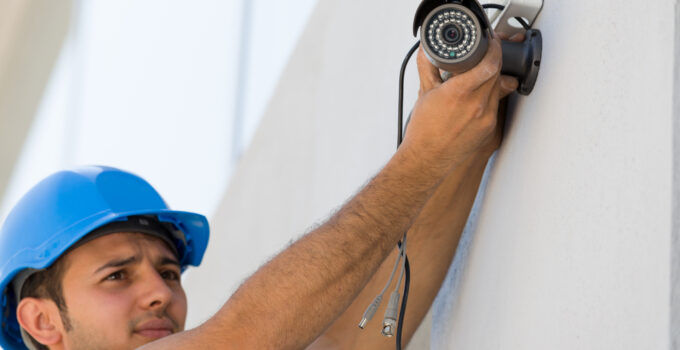With the increase of affordability in CCTV cameras, a lot of people are considering them as a part of additional security for their homes. The CCTV cameras are not only affordable, they are also easy to operate so even somebody with no idea how to handle these devices can get full use out of them. However, it’s important to know the rules and laws of owning a CCTV camera as well as the prerequisite you need to fulfill before having them installed. To make sure those who are looking to purchase a CCTV camera are fully informed on the important rules of owning one, we’ve composed the following article that will give more info on the matter.
What are the usual positions for cameras and their purpose?
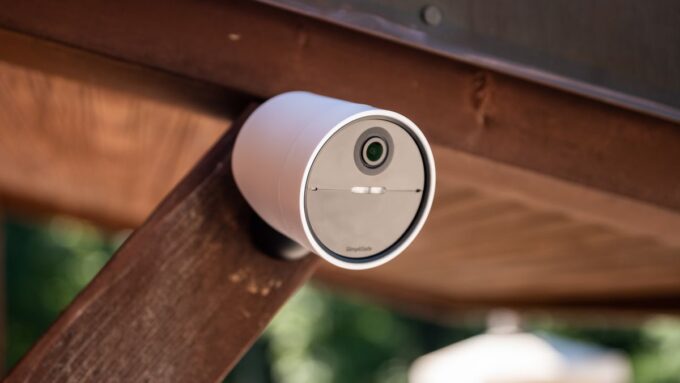
Source: cnet.com
The key part about CCTV camera installation is their position. When installing a camera onto your home you want it to cover as many of the important areas as possible. These areas include any entry points of our yard or house, as these pose the most enticing areas for criminals to go through. If you have any areas that aren’t properly visible by the rest of the street you should orient the camera to that location. For example, your home could have its backside connected to a badly lit alley or a lonesome road with no other houses. These secluded areas are primary infiltration points for burglars and robbers. By positioning a camera near them and having it properly catch that area in its reach we’ll get a lot more use and proper safety for our house. The strategic positioning is something you can consult professionals on too, titusalarmandcctv.co.uk is just one of the services that will help you get a CCTV properly installed and optimally placed.
The use of the camera itself is to improve safety this is achieved not only through the footage it records, which can be saved for quite a number of days, allowing you to revise it even days after the events have happened. The safety of the house is key but the compromising situations where it may get burgled into are easier to deal with or even catch the perpetrator during the act if you have a CCTV camera installed.
With all that said, there’s still a requirement to fulfill the rules before raising additional security. The different laws we have to adjust our installation plans can get in the way of optimally covering our area but ignoring them can lead to legal trouble so it’s better to get acquainted with them properly.
Filming with CCTV and human rights
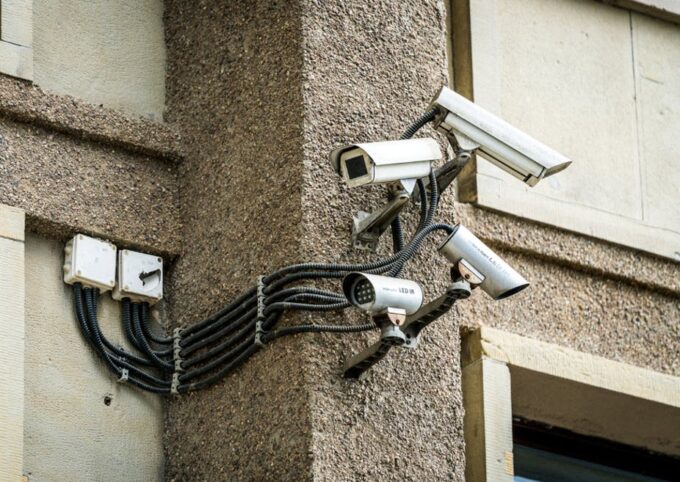
Source: theconversation.com
The right to privacy is one of the basic human rights. This means that your security camera could infringe on that right if positioned in a certain way.
The CCTV cameras should never be positioned in a way where they’ll be looking inside of your neighbors’ home in any capacity. Recording their terrace or balcony may be excluded from this but if the camera is overtly taping the inhabitants of a home that isn’t your own, you could be infringing on their rights.
The purpose of your camera matters in this case. If you have a lawful reason to install it, monitoring your front door to prevent mail and package theft, you are in the clear. Camera clipping somebody’s home won’t pose issues. Of course, this has to clear the previous factor as well. Your camera shouldn’t be invading somebody’s privacy and shouldn’t be recording spaces that are supposed to be private. The most apparent example of such a place would be bathrooms, even accidentally recording your neighbors bathroom could land you in hot water.
Filming and the Freedom of Information Act
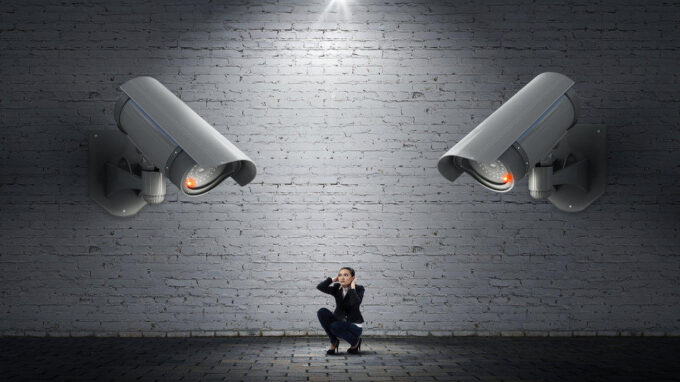
Source: momspresso.com
If you are living in Scotland you may have another item to think about when installing your CCTV cameras. The Freedom of Information Act means that any member of the public can request access to CCTV footage you possess through public authority. You are expected to provide all footage that’s requested of you, in accordance with the law.
Keep in mind that you can refuse in case you have private information available on the footage, especially if said information can further provide safety issues. However, this isn’t a guaranteed resolution so make sure no overt, important information is revealed through your footage. For example, avoid recording electric locks as this could reveal their password to anybody watching.
Even if the people watching the footage itself aren’t necessarily going to compromise our safety, it’s always better to be safe.
Complying to DPA
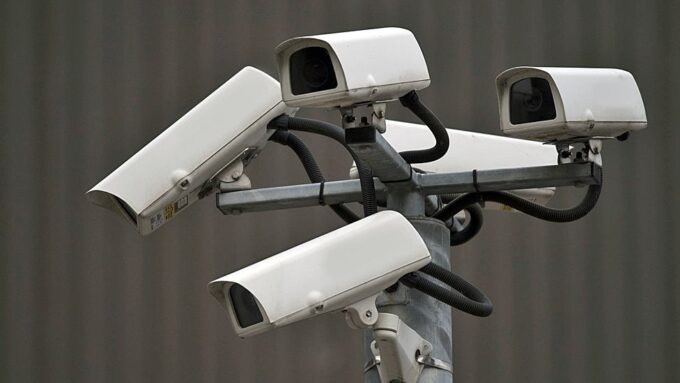
Source: bbc.com
The Data Processing Agreement, or DPA, is the agreement that assures the data won’t be used for anything but . To clarify, this means that you need to confirm with the parties who may be caught in your camera’s view that the data will only be used when the data controller, the person who owns access to data, requires it. The use will also be conducted exclusively out of necessity and won’t be distributed, unless legally required.
What you want to do when installing CCTV cameras is to make sure everybody is well informed of its existence. The simplest way of doing so is by putting up signs that CCTV cameras are operating on your property. This means you’ve informed them of the presence of a recording device and that every engagement with your property will be monitored.
Make sure to clear it up with everybody that the CCTV doesn’t have any unlawful use. This includes people living in your home, neighbors, and other parties. If somebody objects, you should look a bit deeper before proceeding with the installation.
Of course, the biggest detriment to this category is that DPA isn’t all black and white. While we could go in-depth on the requirements and issues, your specific case could make them meaningless. Get informed and ready before the installation by clearing it with responsible figures.
Conclusion
While the number of necessary rules that need to be cleared is huge, the overall basics of approach to disclosing to people that they are being recorded isn’t. Even if you are applying the protection of the CCTV camera to a business, you need to follow similar rules. Making sure your employees agree to be monitored, not compromising privacy in private spaces, complying with measures that are set in place, and other factors are very important. Do not install a CCTV camera anywhere until these are cleared.

